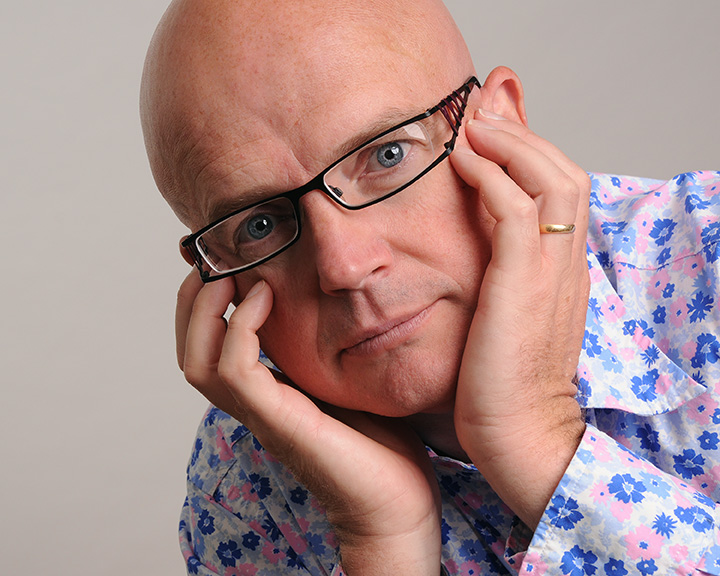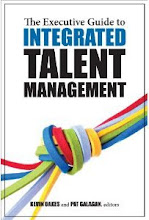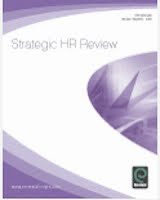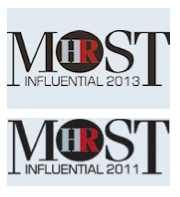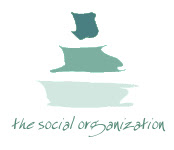I had a great couple of days in Amsterdam at Osney Media's HR Vision conference last week where I did a keynote on moving focus from individuals to groups. I described how most organisations have four main types of group, each of which need to be treated differently, which are hierarchical functions, horizontal project teams, networks and communities (from The Social Organisation).
Organisations often prioritise one of these types of group as well and it was great to see a session from Gwen Burbidge from DaVita, which sees itself as a community first, and a company second. And yes, this means it does work differently from most other companies which are mainly based on hierarchical functions.
Gwen, pictured above, also used the metaphor of a village several times, which I use in the Social Organization too. The company's CEO is called the major. The slide in the above picture provides a couple of snapshots of DaVita employees and cultural artefacts. For example, one is of the three musketeers, and their motto 'one for all and all for one' is frequently heard in the organisation.
This isn't a small company though, it's a community of 70,000 team mates which is something quite special, I think.
A lot of this comes from intentionality, i.e. the actions they take to make it a community. One of my favourite points is that everyone has their own favourite walk-on music! I'm not quite sure how this works but imagine their offices get quite noisy around 9, 1 and 5.00.
The mayor often asks intentionally directed questions, for example what is it your parents taught you that you are still very grateful for, what should be be improving, and what was your DaVita crazy moment in the last six months?
They also have start / stop / continue meetings, announced in advance so that introverts can prepare for them, and they often look for someone who knows about an area to lead these.
All senior staff participate in reality days where they go and work at a clinic at 6.00am with the team mates working there.
The purpose of all this is to create a place where people want to work (or a village they want to live in). The metaphor here is like it being a mix of air and water - they want to be profitable, but they know this needs them to be a good place for people.
It's a terrifically impressive case study, and definitely the sort of organisation I'd love to work in, if I was ever going to again. In The Social Organization, I write about maverick organisations which manage their people completely differently from 99.999% of the world's businesses, and I'd definitely put DaVita in this list of companies.
I was a little disappointed when I asked about how DaVita's HR processes are different as a consequence of them being a community, as there didn't seem to be any. That can't be a good choice. Although they have just implemented Workday which is probably a good fit.
You may also be interested in the slides from my keynote:

